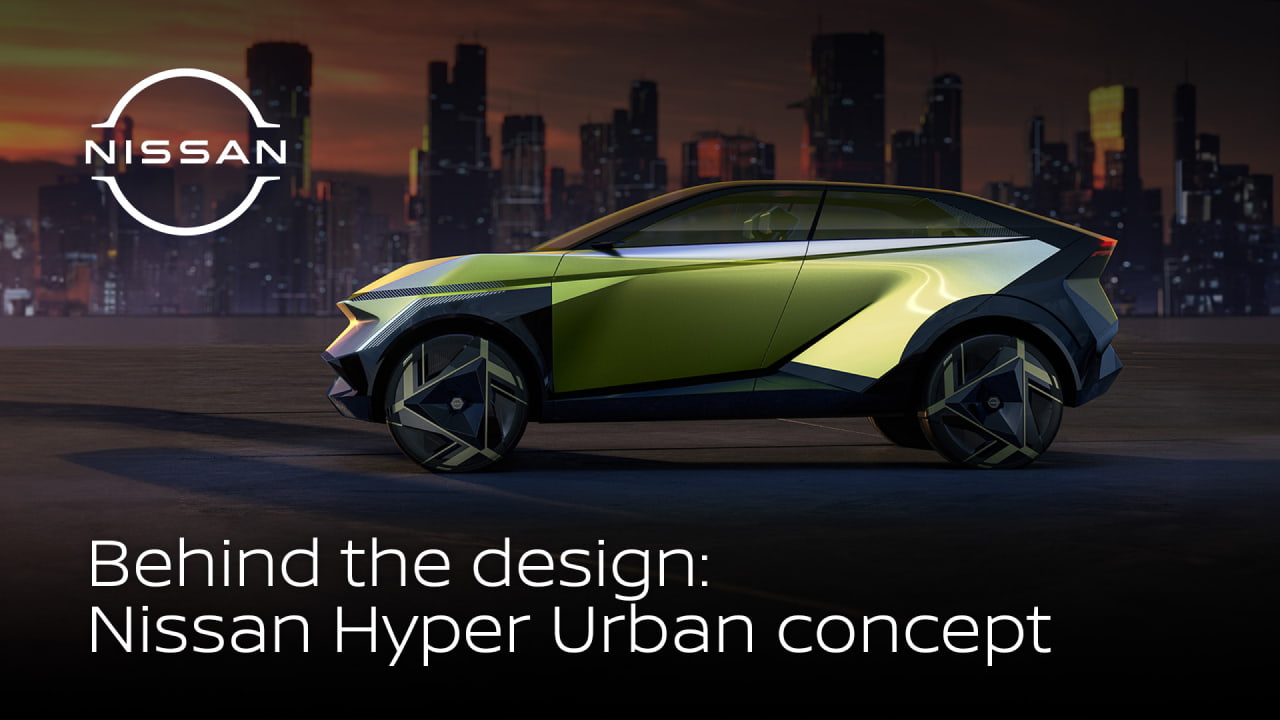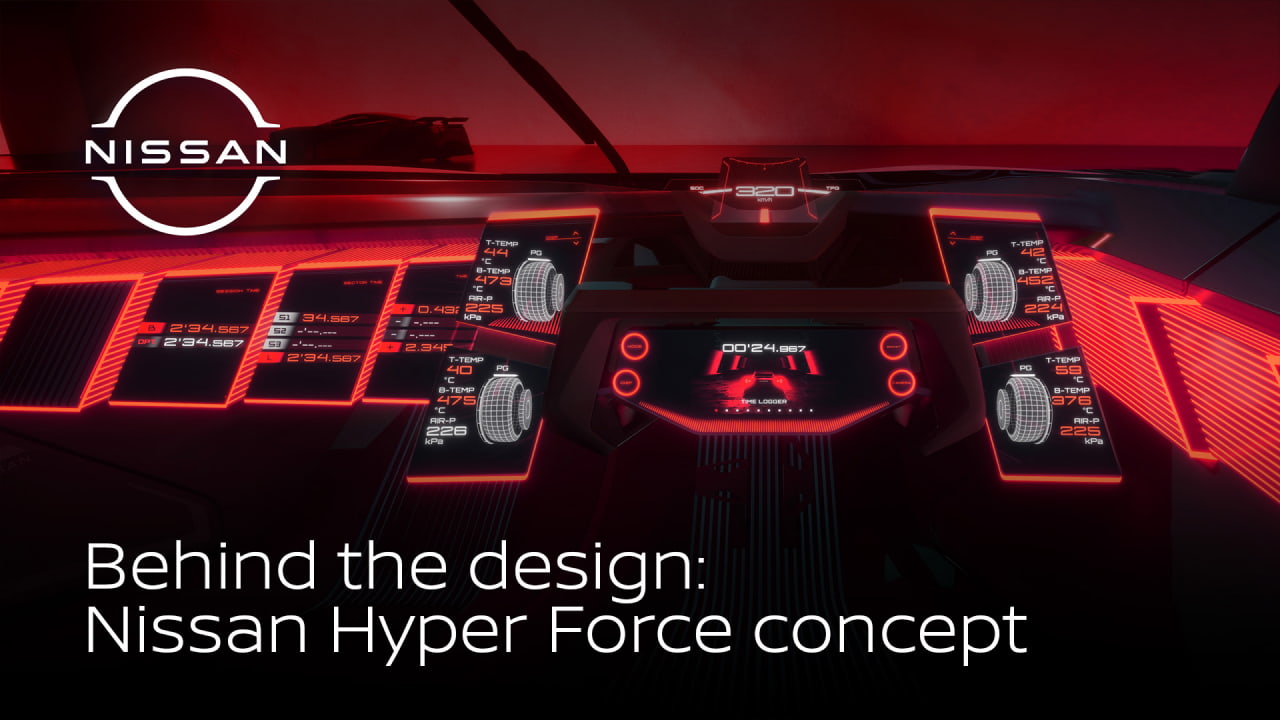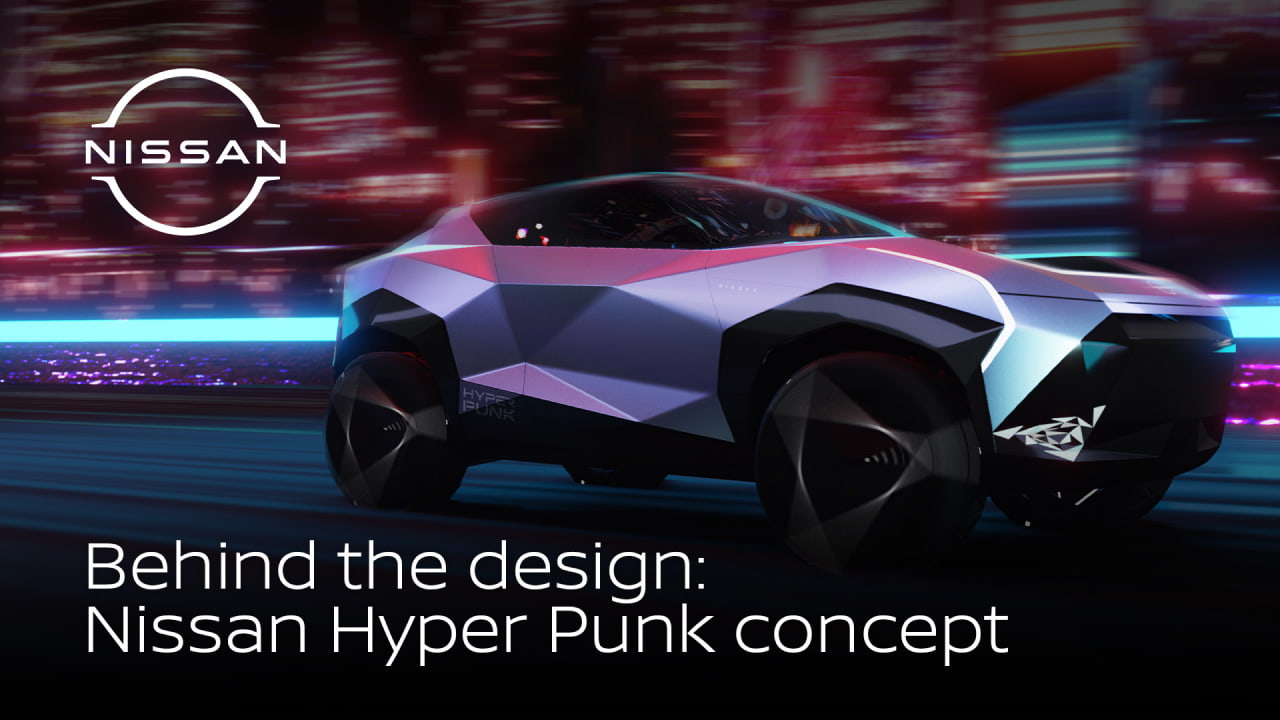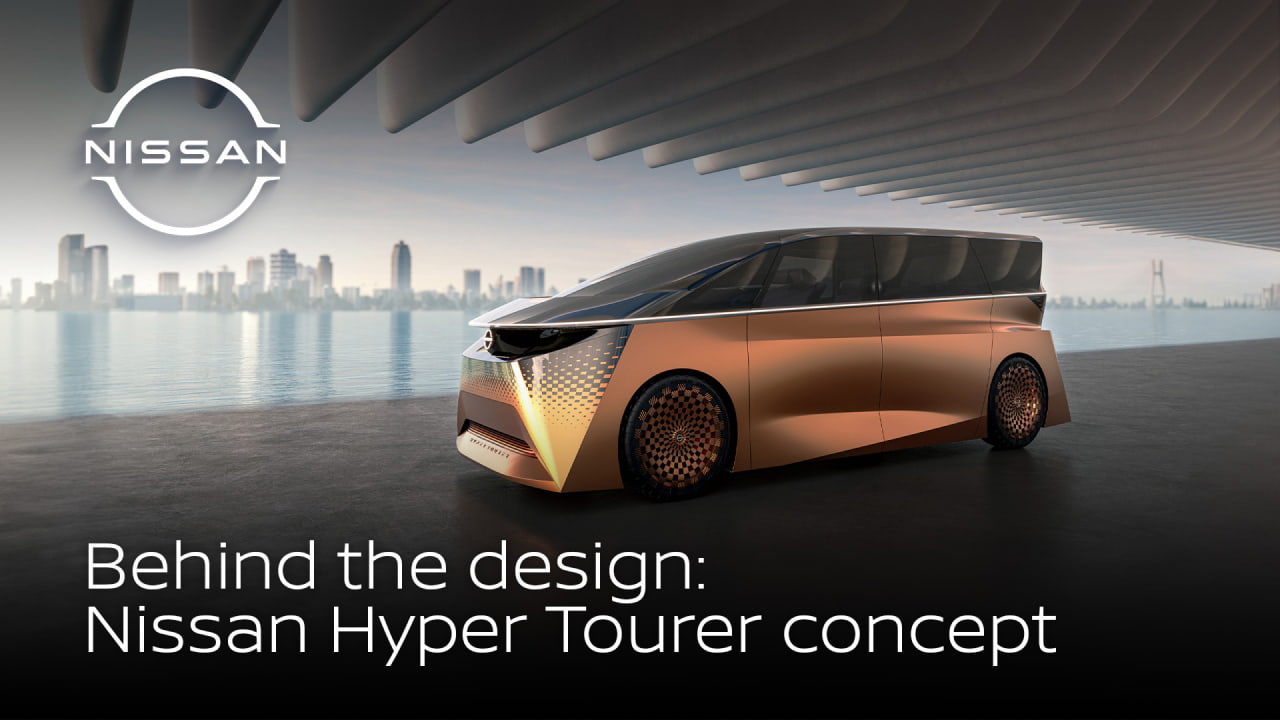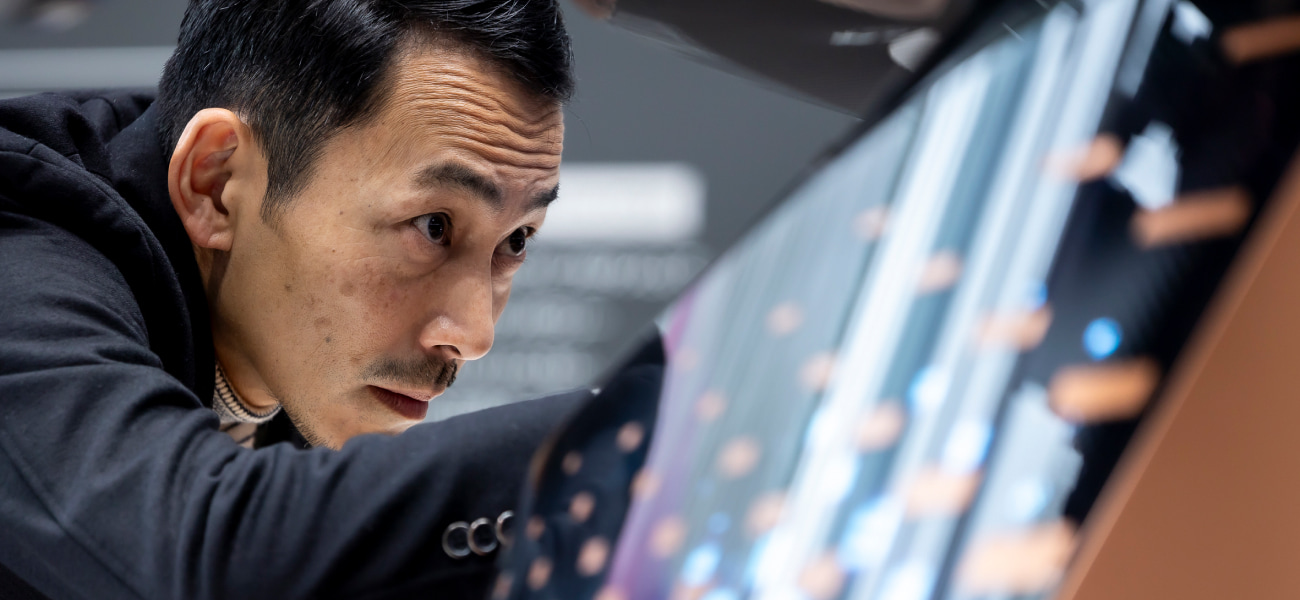Product design is about meeting the market's needs and improving lifestyles through smart approaches and innovative problem solving. It's a core principle at Nissan, as our purpose is to "enrich people's lives" through consumer-centered products and tech.
This user-centric mindset was on display at the Japan Mobility Show 2023, when Nissan unveiled five futuristic concept cars. What stole the show were the cars' striking phygital (physical + digital) aesthetics and user-tailored features. All five all-electric concepts were designed with unique target users in mind ranging from sustainable nomads to gamers looking for the pinnacle of performance, on- and offline. The result? A series of stunning concepts that give a peek into what's possible in our electrified future.
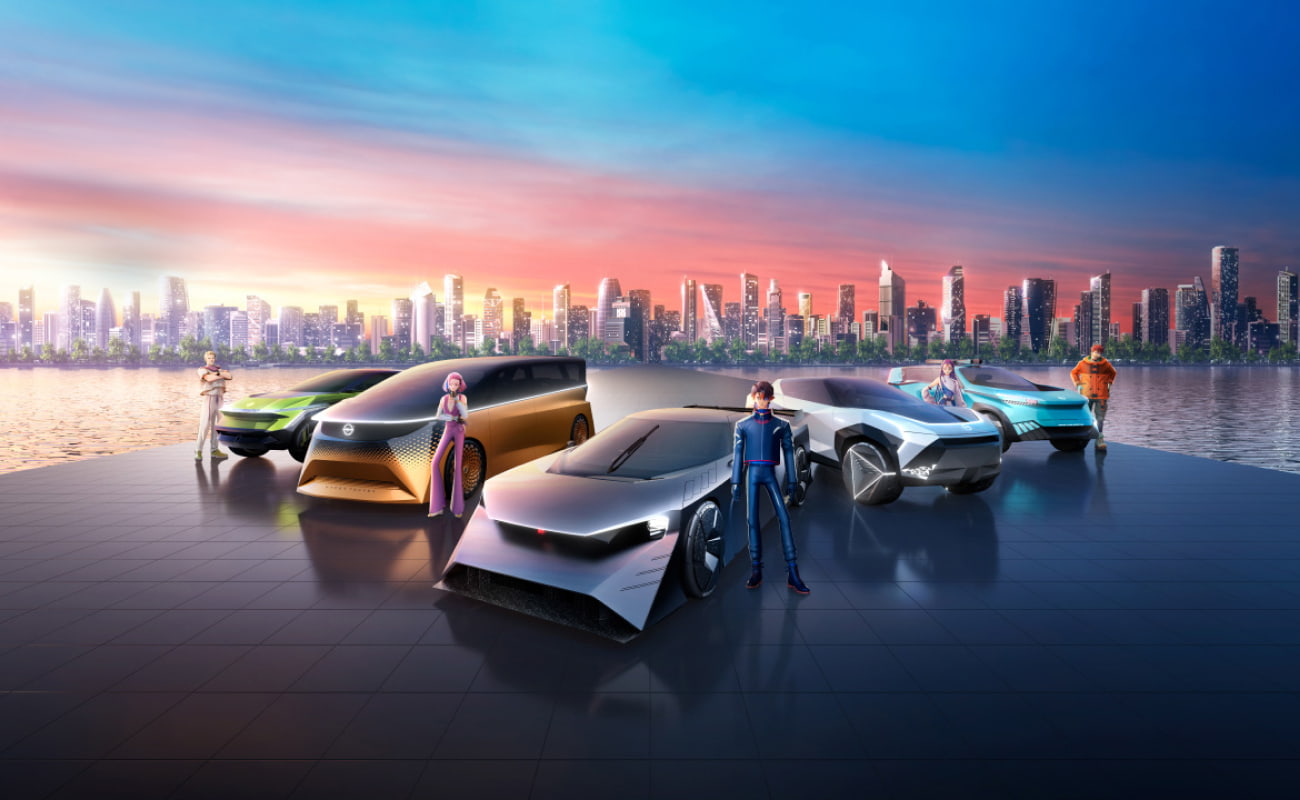
Woonggyu Han, Lead Exterior Designer of the Hyper Punk Concept, a cyberpunk mini-SUV aimed at digital creators and artists, perfectly summed up their design approach:
"Adopting different personas is important as a designer. You must understand and have a clear image of your target user and put yourself in their shoes."
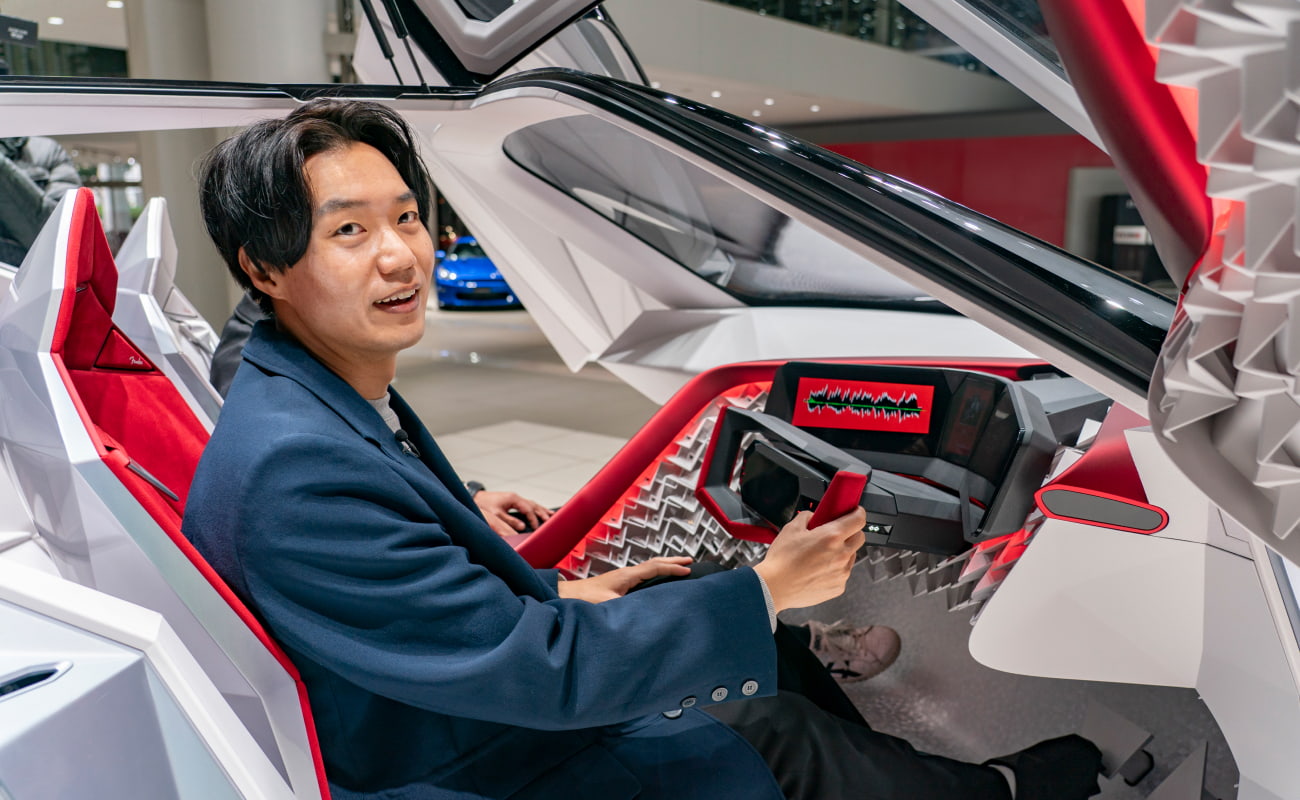
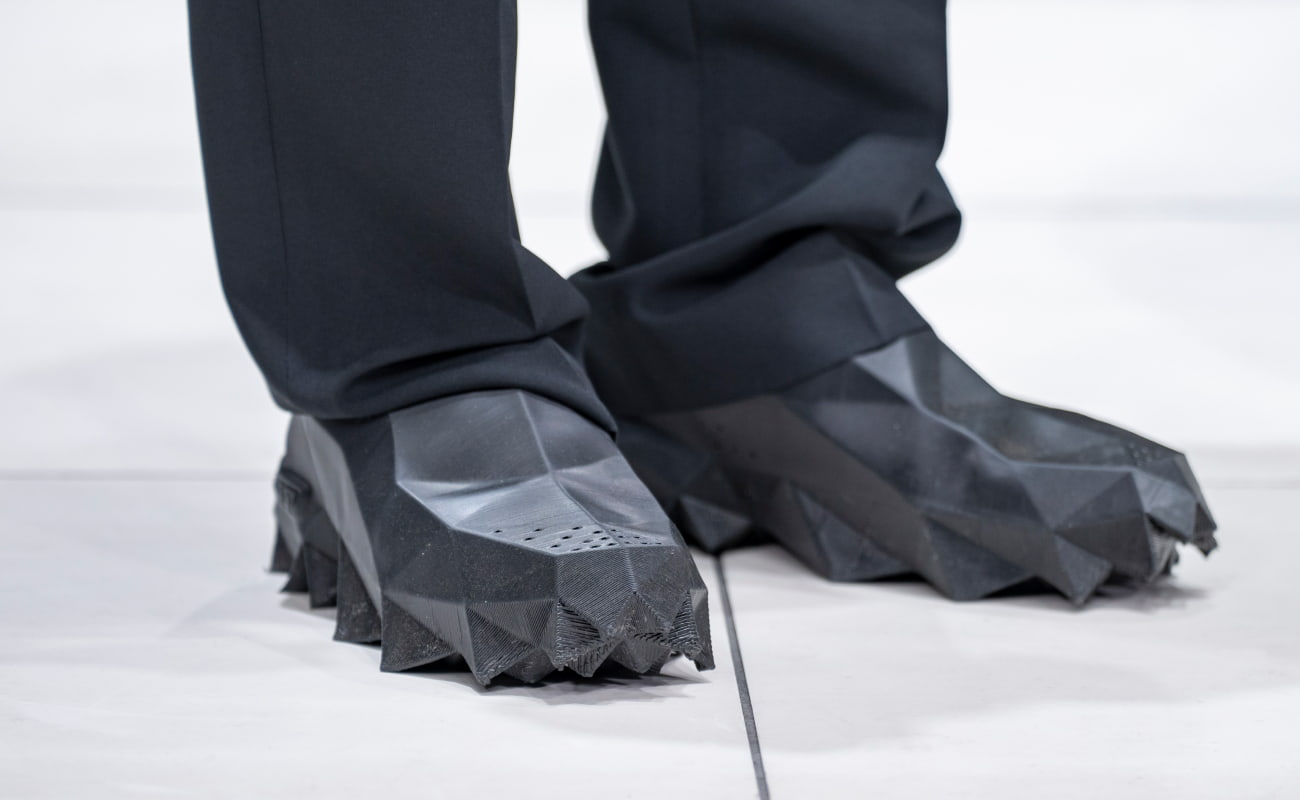
Watch the video below to hear how designers approached each concept car, their process of understanding who they're designing for, and how they leverage personal experiences and inspirations to bring designs to life.
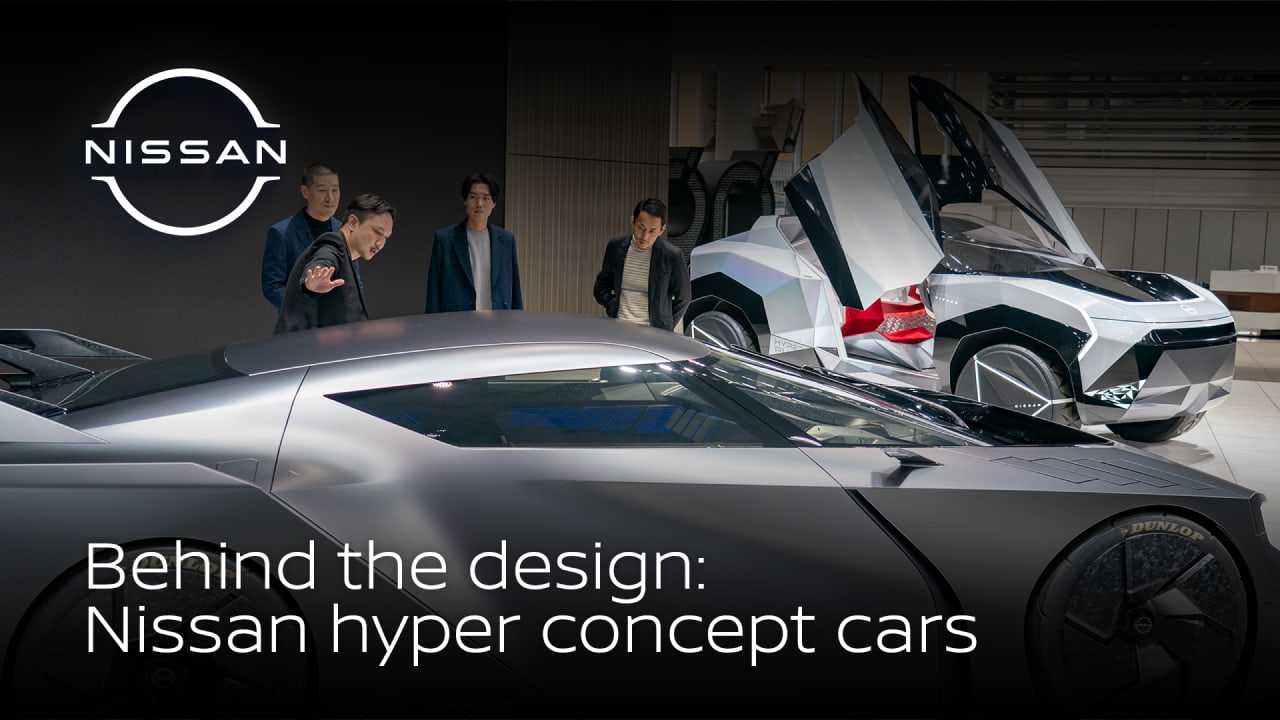
Finding the designer-user connection
To paraphrase the saying, to fully understand a person, one must drive a mile in their car. To know the person is to be that person, and our designers took time and effort to find that connection.
"When we designed it, we wanted to relate to it. We're always thinking about the function of it." —Ziying (Zoey) Chen (Nissan Design China), Hyper Adventure design team
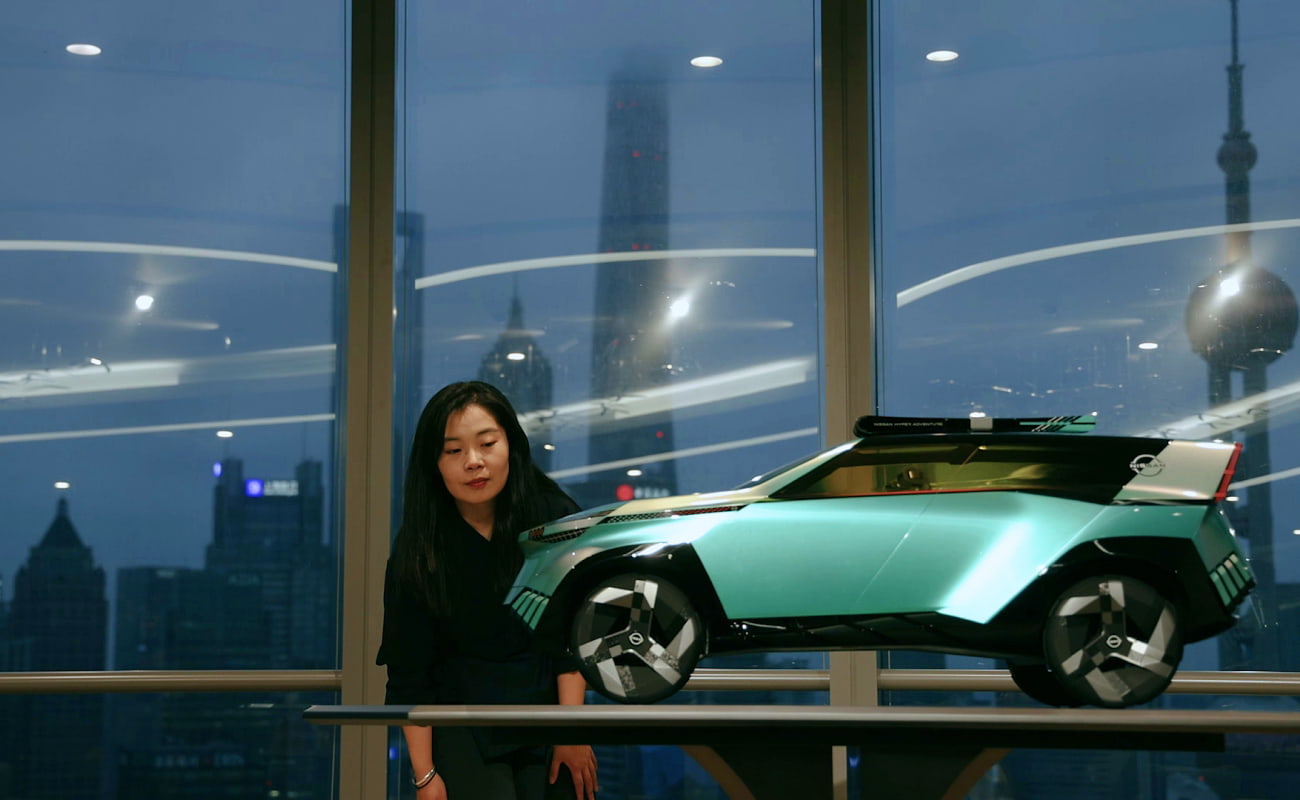
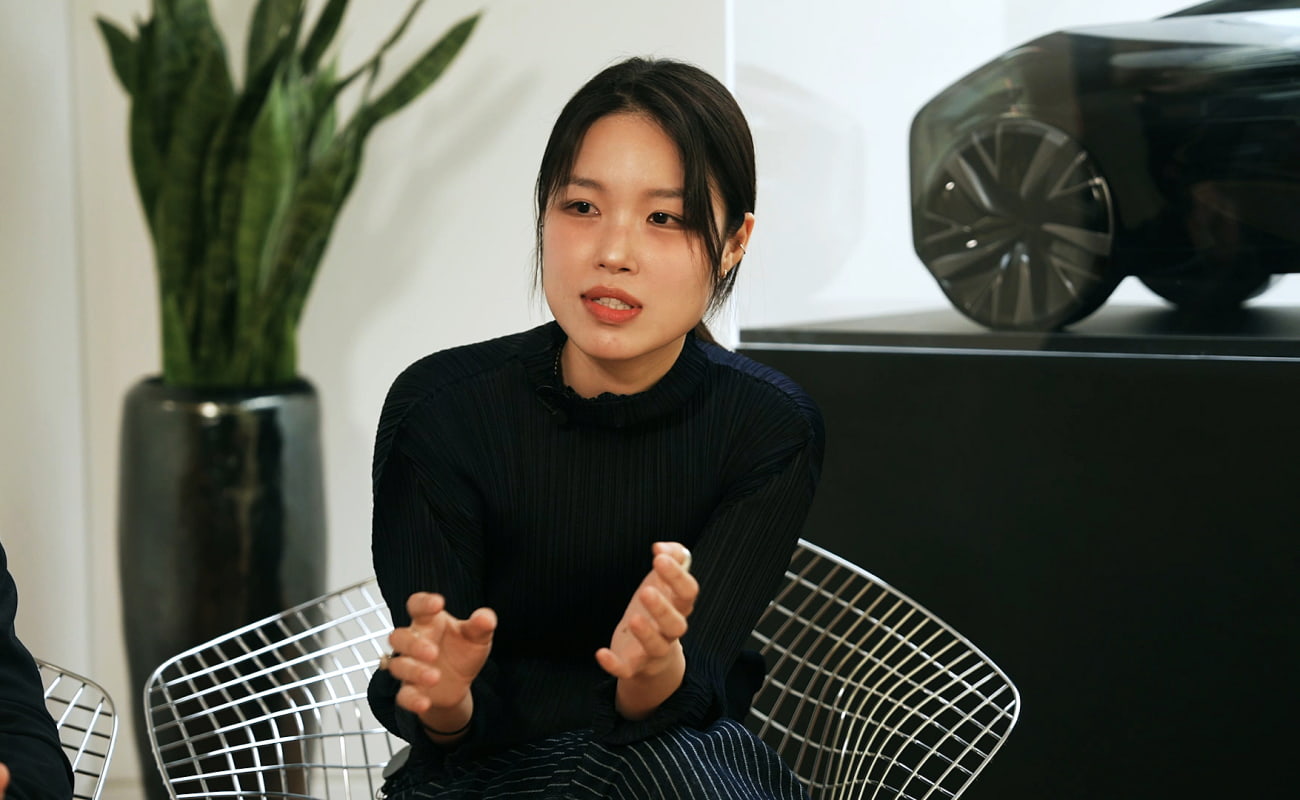
"I believe that cars serve as connectors that bring people from place to place, or someone to another person. I often find myself imagining where the person would take this car." —Kyehyun Ahn (Nissan Design Europe), Hyper Urban design team
"It is important to have a deep understanding of users' lifestyles and to actually go to the places and experience them." —Dai Sato (Global Design Center), Hyper Tourer design team
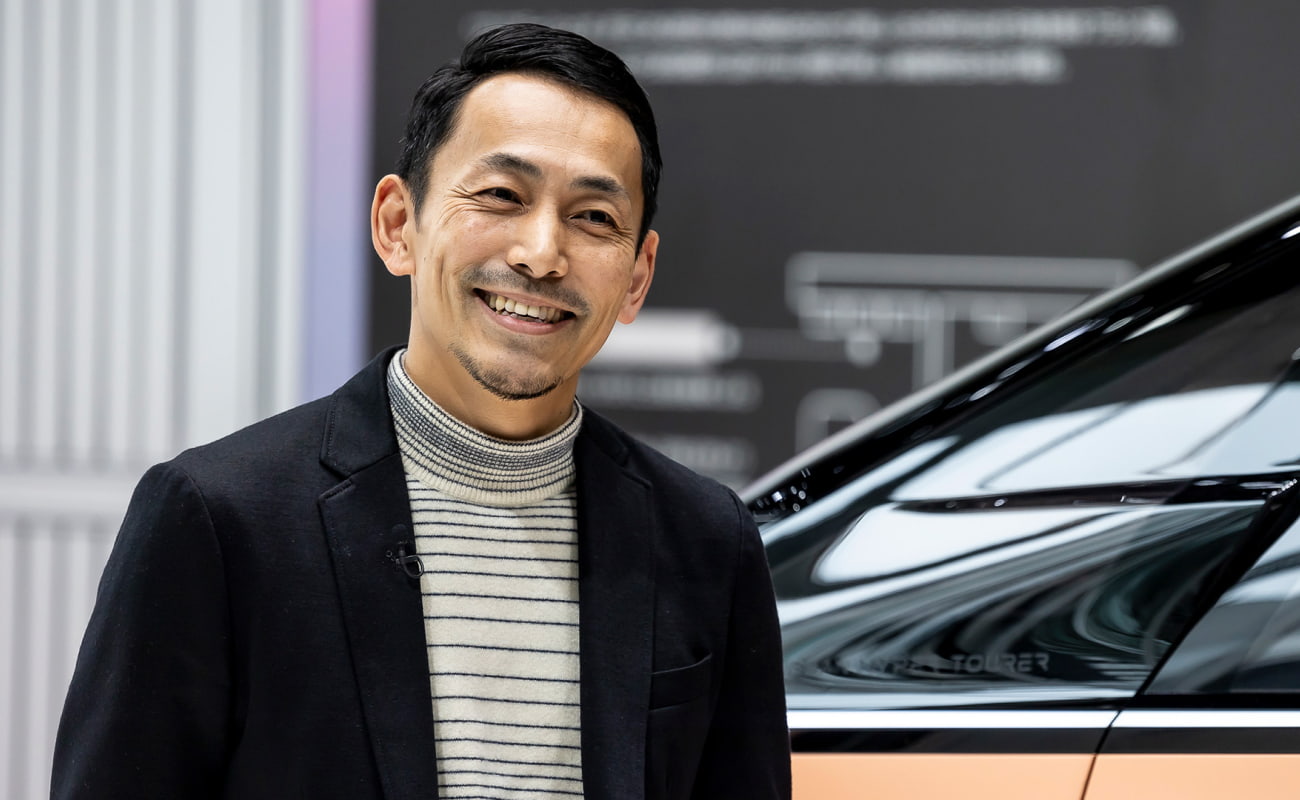
Drawing inspiration from experience
The result of this connection is a car with unique features that fit the user's lifestyle and needs. The designers were able to realize the car's "function". But what about the "form"? Where did they get their aesthetics inspiration? How did the colors and shapes come about?
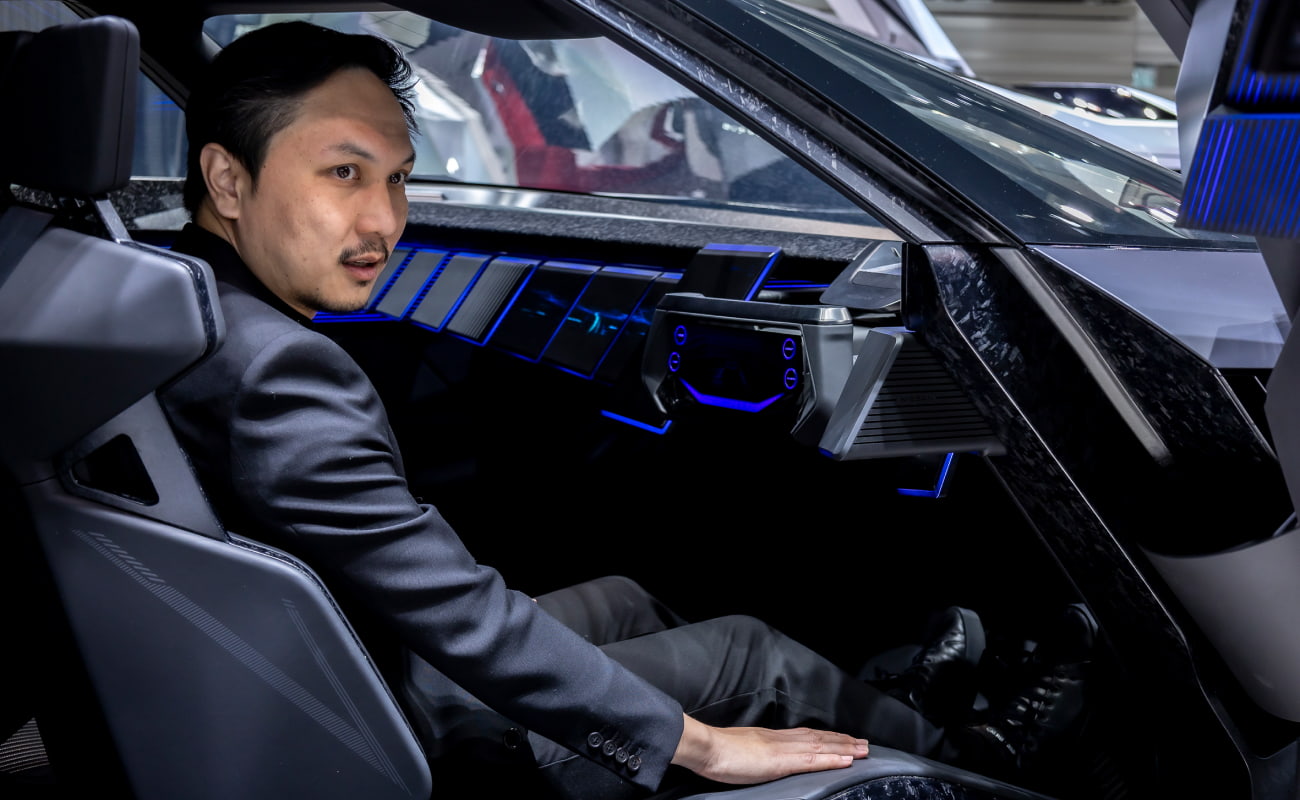
"I fell in love with cars because of the Japanese car culture of the 80's and 90's. Moving to Japan has rekindled my love for this culture. Despite the Hyper Force concept being a futuristic take on an electric super car, I wanted to pay homage to past Nissan performance cars by infusing small hints in the design." —Marcus Quach (Global Design Center), Hyper Force design team
"Whenever I go to Tokyo, I find it interesting how people dress differently and have different vibes depending on the area. For me, our target user, Yuki, belongs to Shibuya. As you can tell from the Hyper Punk's design, it's very expressive, funky and one-of-a-kind." —Woonggyu Han (Global Design Center), Hyper Punk design team
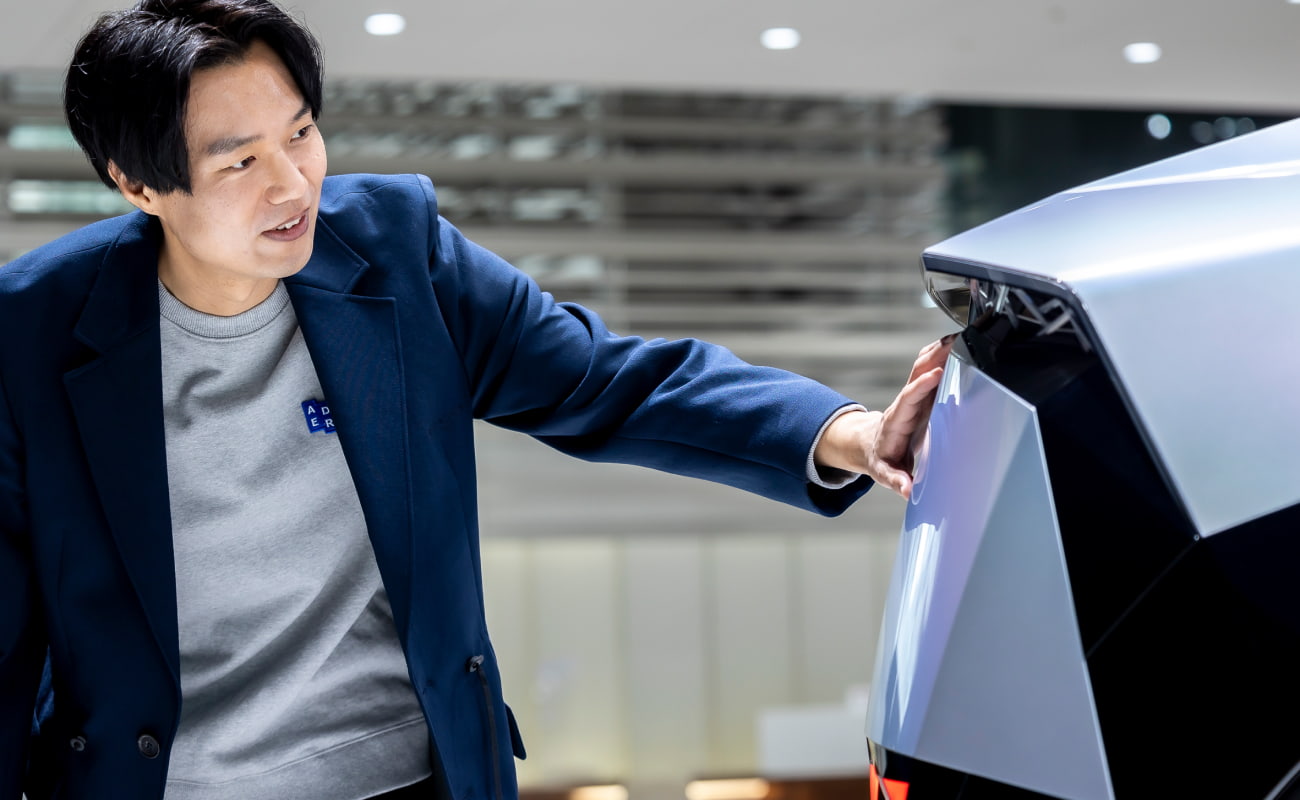
Beyond mere design
The Hyper concept cars represent Nissan's vision of future mobility: electric, connected, and intelligent. For the designers themselves, what other design values should future cars embody?
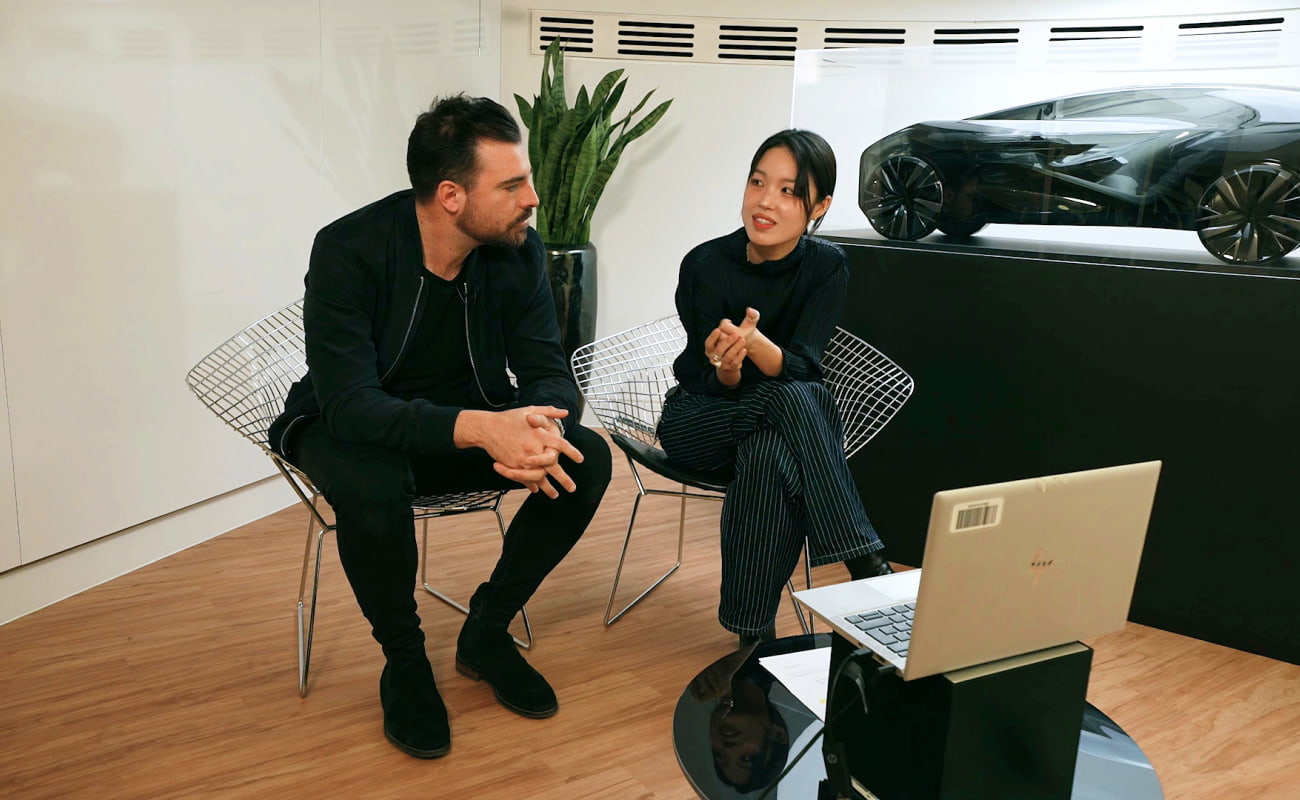
"Sustainability aligns with the concept of timelessness. Good design is inherited across generations. I believe that extending the lifespan of a car is the most sustainable approach as our goal is to reduce our carbon footprint. I want to create a car that can be loved for a long time." —Kyehyun Ahn (Nissan Design Europe), Hyper Urban design team
"I wanted to be an architecture designer. When I was in design school at university, I began to think about other people. Then I designed not only for style, but also (by realizing) that things need to be useful." —Ziying (Zoey) Chen (Nissan Design China), Hyper Adventure design team
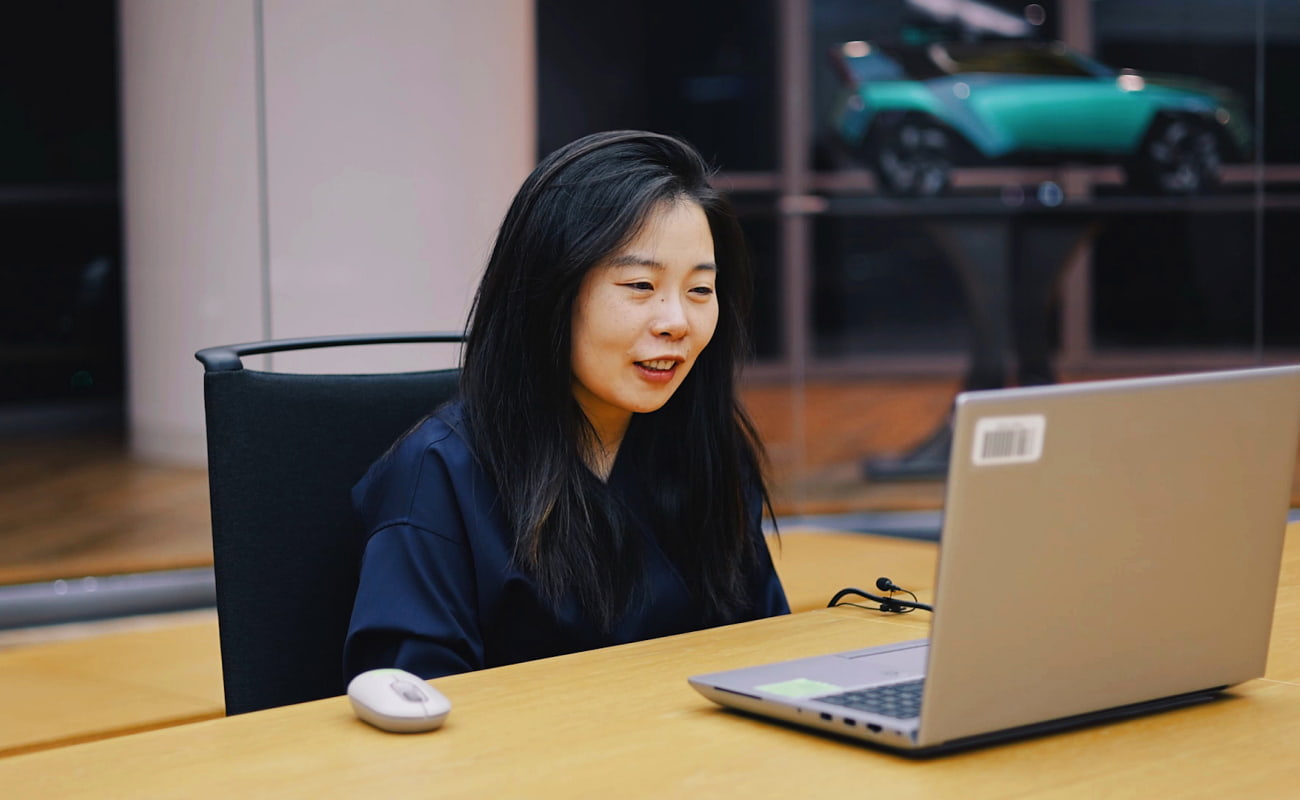
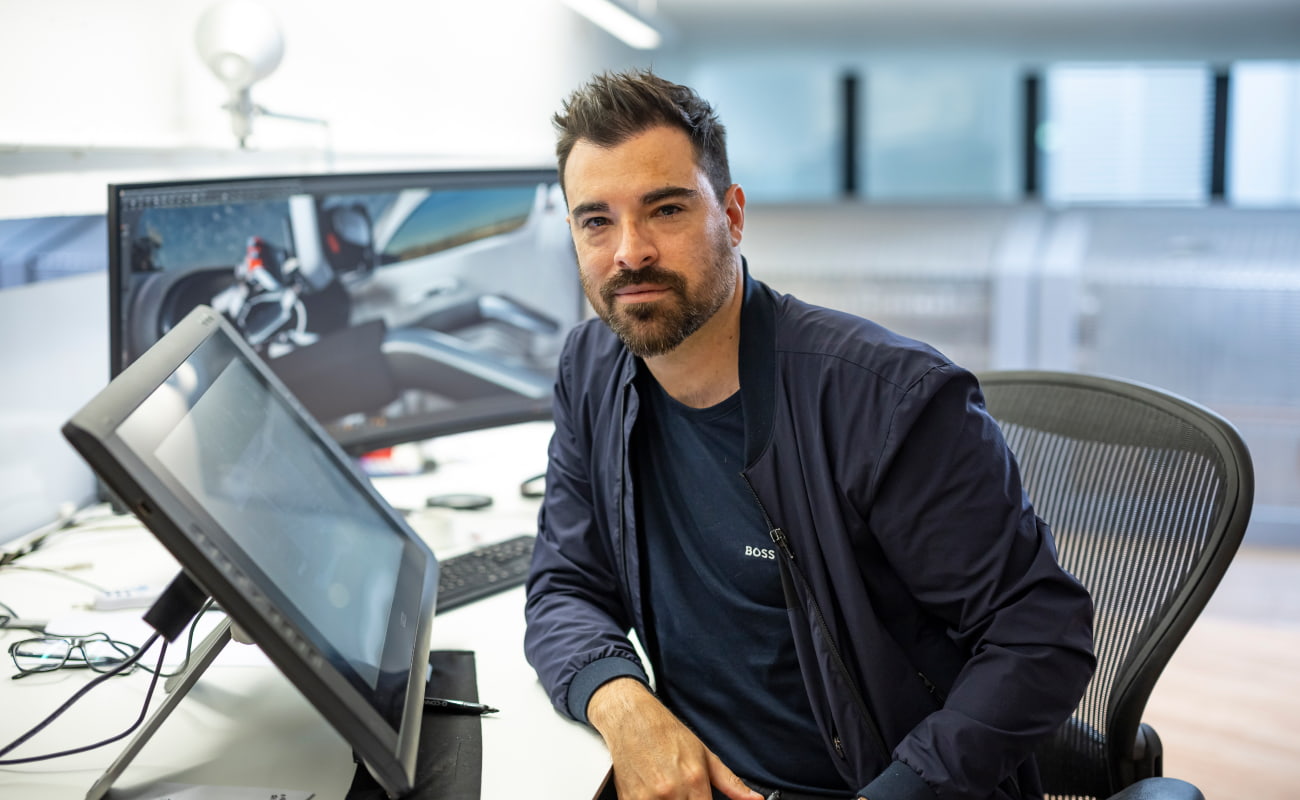
"Designing a modular space is challenging as every part moves to transform the space. It's a good example of constraints translated into opportunities, of turning problems into coolness." —Sebastien Jesus, (Nissan Design Europe), Hyper Urban design team
